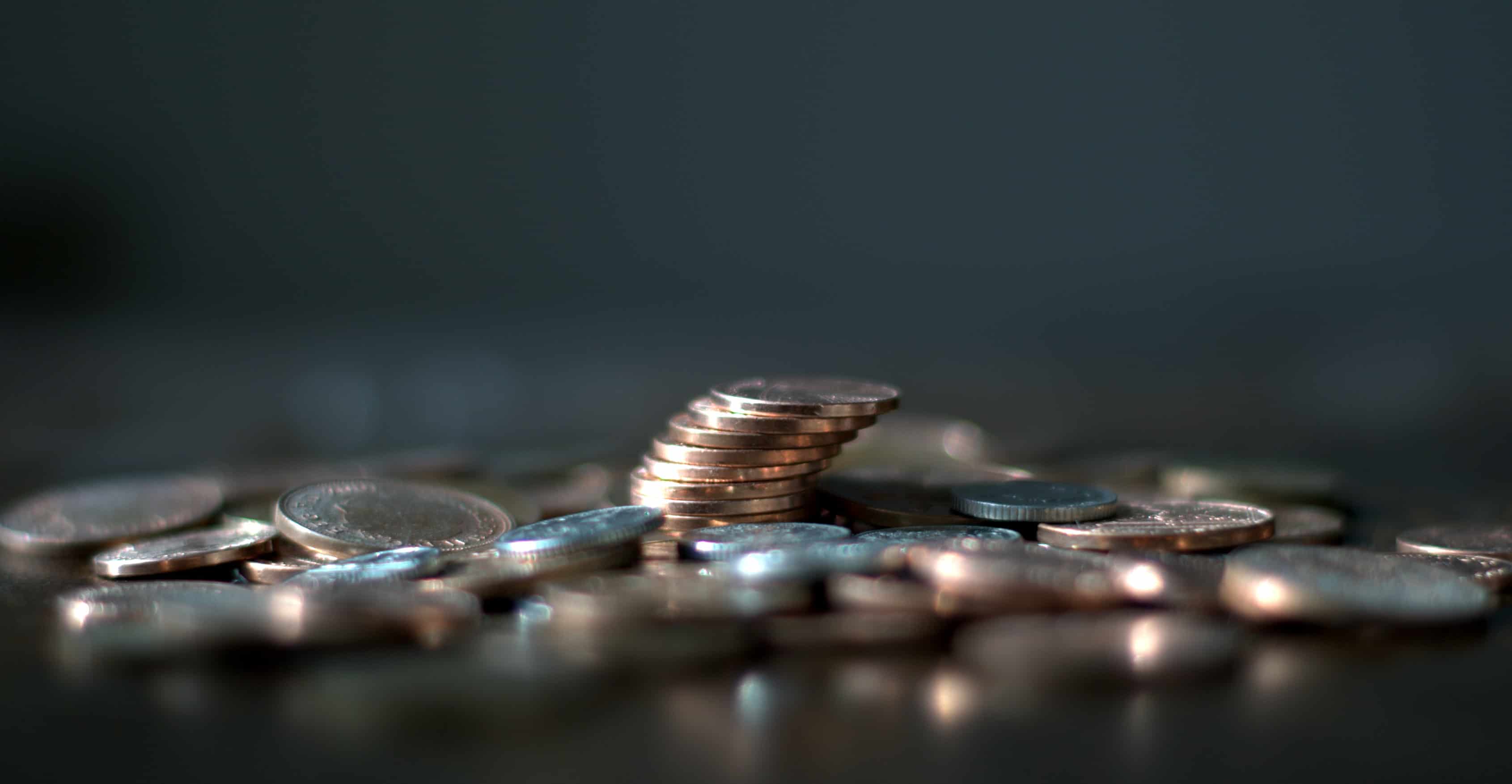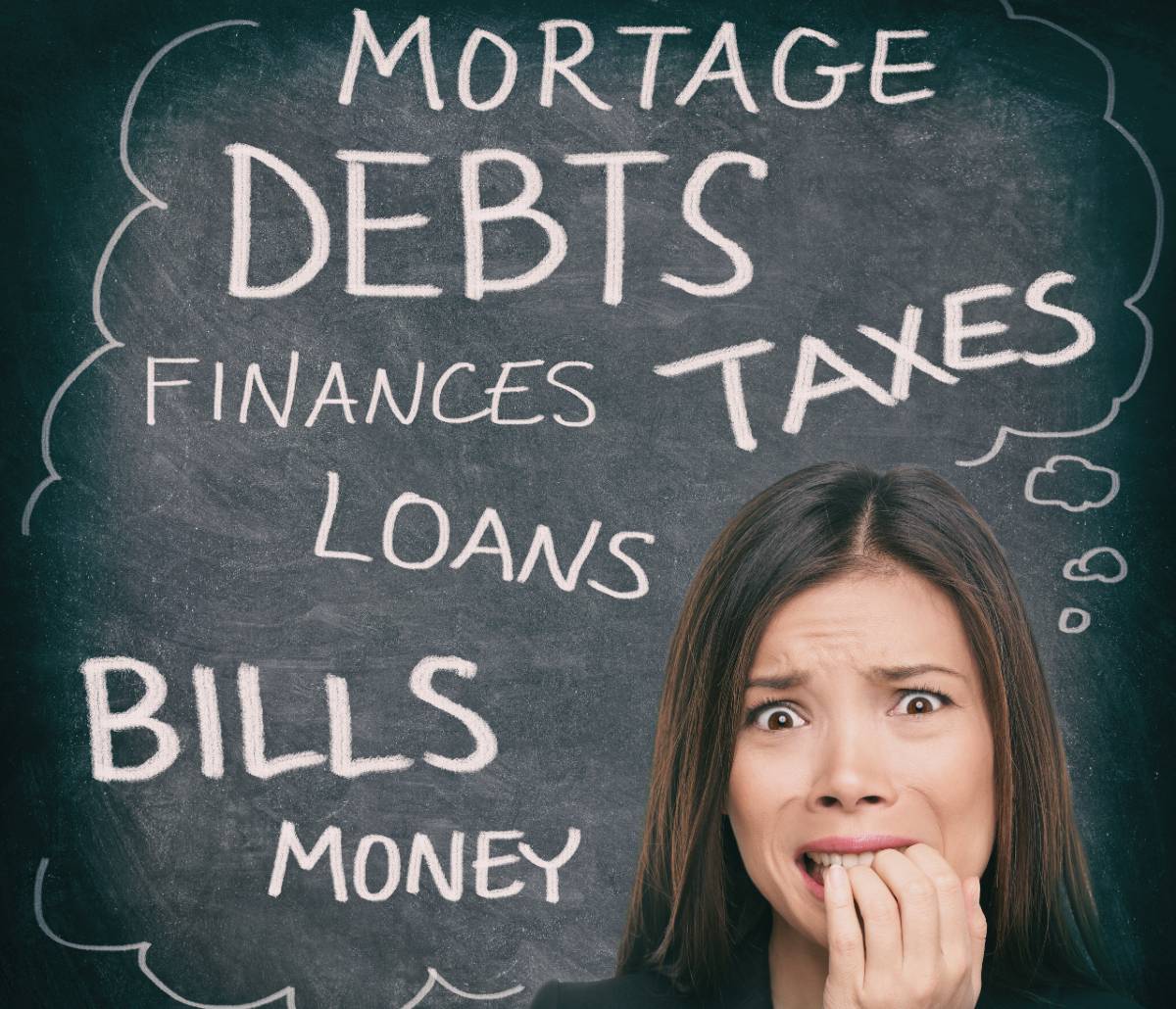Carrying debt is a burden in many ways. Not only does it stress your finances, but you may also feel emotions like embarrassment that affect your mental health. With pressure on all aspects of your life, it’s easy to fall into a downward spiral. However, it doesn’t have to be this way! The sooner you face the situation, the quicker it’ll be resolved and you can return to a more relaxed lifestyle. Continue reading to learn more about putting emotions aside while paying off debt.
You Are Not Alone in Having Debt Problems
Many people in Canada find themselves struggling with debt. In fact, according to a recent report, the average Canadian owes around $73,500 to banks alone. This can make it seem like an impossible task to become debt free.
However, there are many ways to get out of debt and you are not alone in having debt problems. There are numerous organizations and programs that can help you pay off your debt. Some are even debt consolidation loans specifically for Canadians.
Hiding or Running From The Issue Won’t Solve It
It can be tempting to just hide from the problem and hope that it will go away. Or just keep making the minimum payment, but that is not a viable solution. Eventually, the credit card companies will catch up with you and you will end up owing even more money. The best way to tackle your debt problems is to face them head-on. Make a budget and figure out how much extra cash you can put towards your debt each month. Then, contact your credit card companies and let them know that you are committed to paying off your debt. They may be willing to work with you to create a payment plan that fits your budget. Remember, you are not your debt problems.
Get Clear on What Happened
To build the best plan for getting out of debt, it’s helpful to have a clear perspective of how you got into debt. Most people get into debt in one of two ways: the big setback or the slow unstopping leak.
The Big Setback
The big setback is usually something unexpected, like a medical emergency or job loss. This can quickly put you behind on bills, and before long you may find yourself struggling to make ends meet.
The Slow Unstopping Leak
The slow unstopping leak, on the other hand, is often more insidious. It starts with small purchases made on credit. That’s followed up by larger purchases and eventually bigger and bigger interest payments. Before long, your credit card debt may begin to feel insurmountable. However, it’s important to remember that both types of debt are fixable and nothing to be ashamed of.
Find Your Support Team
It’s a good time to find your support team. Your best option is a pro or friend you can talk to without judgment. Your financial success is personal, and so is your debt. While you don’t necessarily need to have the help of others to pay off your debt. What you do need is a solid plan and the determination to stick with it. Having others in the mix can be very helpful with that and tends to mean paying debt off faster. Put your team together, do your research, get going on the road to being debt-free and stay on track with your personal finances.
Come Up With A Plan
The best way to pay off debt will vary depending on your individual circumstances. Some things to consider are the interest rate you’re paying, your credit score, and the type of debt you’re trying to pay off. However, there are a few general strategies that can help you pay off the debt in a meaningful way.
One popular strategy is the snowball method, which involves using extra money to pay off the debt with the smallest balance first. Once that debt is paid off, you can focus on paying off the next smallest debt, and so on. This strategy can be effective because it helps you see progress quickly, which can motivate you to keep going.
Another common strategy, the avalanche method, focuses on paying off high-interest debt first. This will save you money in the long run on interest charges. The avalanche method is helpful if you’re trying to get out of debt quickly while saving costs.
If your debt isn’t manageable by using these methods other options are debt consolidation, a debt management plan, a consumer proposal, and bankruptcy. If this is the case for you it’s best to work alongside a professional to help you choose which one is best for you. They’ll also set the plan up in a way to help you succeed.
Put the Plan Into Action
Now that you have the plan to pay off your debt, the next step is putting that plan into action. This may require some belt-tightening, but focusing on paying off your debt will be worth it in the end. This is where your support team really comes into play. They can encourage you and help hold you accountable to follow through with the plan so you meet your goal.
Choose the Positive
Paying off debt can be a difficult process, but it is important to focus on your strength to take action. You’ll find that just by taking action you’ll feel better, All the unwarranted embarrassment and guilt will ease with each step you take towards your goal. You’ll be able to stand tall knowing that you are making a change in your life for the better!
Final Thoughts
Taking control of your finances may seem like an impossible task, but remember you have the power to change your situation. With a plan and some hard work, you can overcome your debt and build a brighter future for yourself and your family. We hope these tips have given you the inspiration to take action and get started on your journey to financial freedom. What are you waiting for? Start tackling your debt today! Reach out at any time for a consultation with us if you need help getting started.









